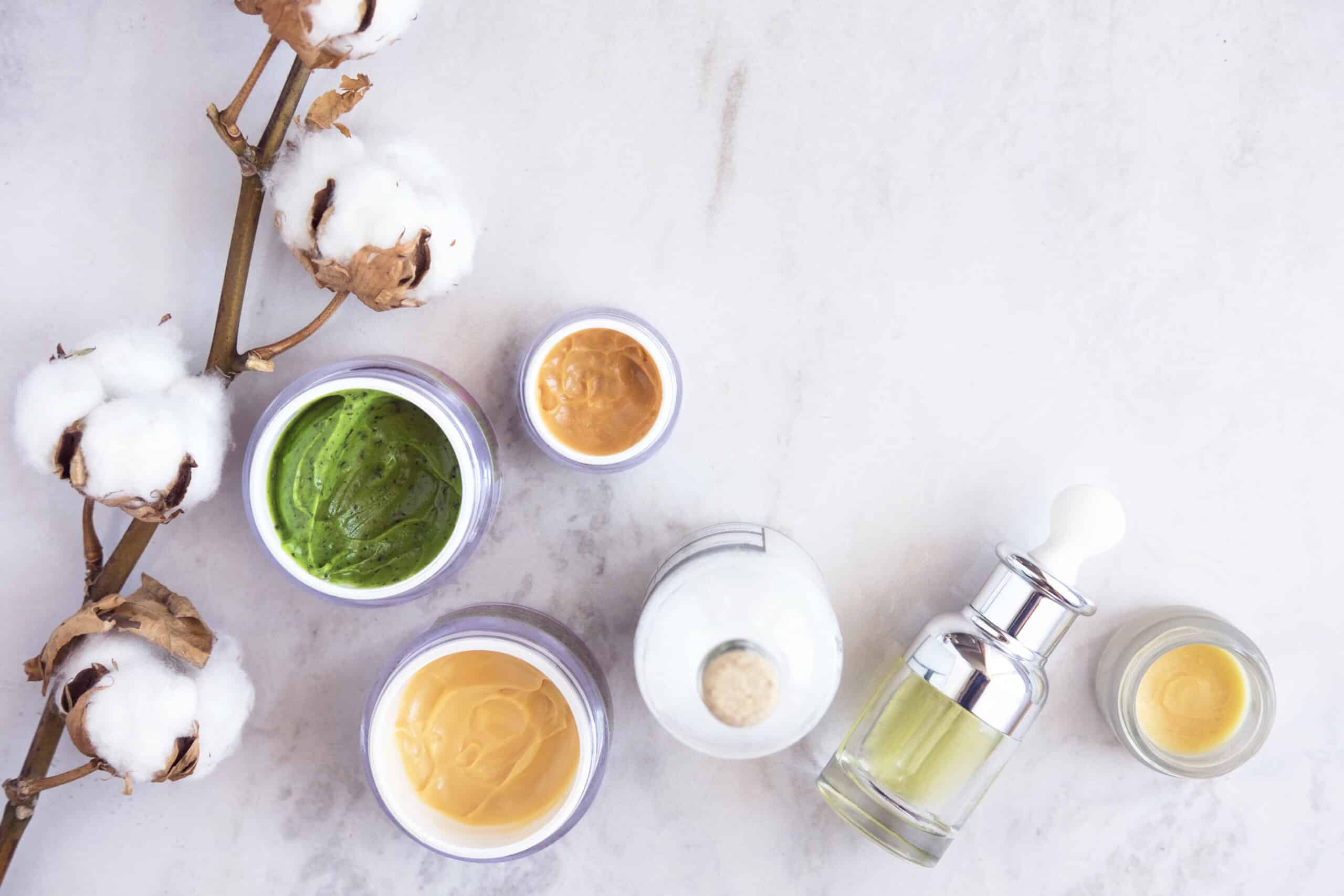The Essence-Serum Dilemma
There seems to be an ongoing debate within the skincare industry about essences and serums. Some say that you shouldn’t use them; others say they are the same thing; and many swear by them. So, what is the truth?
As Misumi Skincare explains, the essence is a skincare solution, watery by nature, that contains concentrated active ingredients that protect, hydrate, and improve your overall skin’s health. A serum, on the other hand, is typically used to reduce fine lines, wrinkles, and hyperpigmentation.
The truth is that essences and serums are healthy additions to your skincare routine if used correctly, but they shouldn’t be the foundation.
Cleansers
On the topic of the foundation of a skincare routine, that would be cleansers. Cleansers are used to remove impurities, excess oil, and makeup before you proceed with the rest of your routine. You can think of cleansers as a product that prepares your skin for what’s to come.
There are many types of cleansers and each is made for specific skin types. For example:
- Gel cleansers give a deeper clean and are very effective at removing excess oil and unclogging blocked pores. If you have oil skin, this is the cleanser you want.
- Cream cleansers are better for those with sensitive or dry skin as they contain ingredients that are more hydrating and gentle.
- Foam cleansers are the preferred choice for those with combination skin, as they remove excess oil but aren’t aggressive enough to strip your skin of its natural oils.
Moisturizers
If cleansers are the foundation of your skincare routine, then moisturizers are the building blocks. Moisturizers provide nourishment and hydration to the skin, which aids in creating a protective barrier. This results in a more radiant and smooth complexion. Without moisturizers, your skin would either be very dry or very oily.
You can use these suggestions as a guideline:
- For oily skin, you should look for a water or gel-based moisturizer that is non-comedogenic so your pores don’t get clogged.
- For dry skin, it’s recommended to use a heavier moisturizer to lock in moisture. You could also use a creamy moisturizer that uses shea butter, glycerin, or hyaluronic acid.
- For combination skin, you’ll want to use something lightweight, maybe gel or water-based, that contains hyaluronic acid.
- For normal skin, you can use either water or gel-based, but preferably something lightweight.
Sunscreen
One of the biggest dangers to skin, and something that will accelerate the aging process, is the lack of sunscreen. UVA rays cause a loss of elasticity, wrinkling, and aging, so before stepping out your door, you should put sunscreen on.
Many moisturizers advertise as being sunscreen too, but unless it’s SPF 30, it won’t be very beneficial. Rather than taking a chance, use a dedicated sunscreen that was specifically designed to handle the harmful rays of the sun.
When choosing a sunscreen, you should still consider your skin type, as using the wrong one can lead to irritation of the skin and breakouts.
Specialty Products
Finally, you have probably seen many advertisements about masks, exfoliants, and spot treatments and thought, “Are they worth it?” The answer is that it depends on what you are trying to treat, but overall, they can’t hurt. These skincare products are also known as specialty products or targeted treatments.
For example, if you have acne, dullness, or hyperpigmentation and your regular skincare products aren’t working, maybe it’s time for some targeted treatment.
As a general rule of thumb, basically, everything needs to be applied before your moisturizer, except sunscreen. This includes exfoliants, masks, and spot treatments. Remember, your moisturizer locks everything in and shouldn’t be washed away after applying it.




